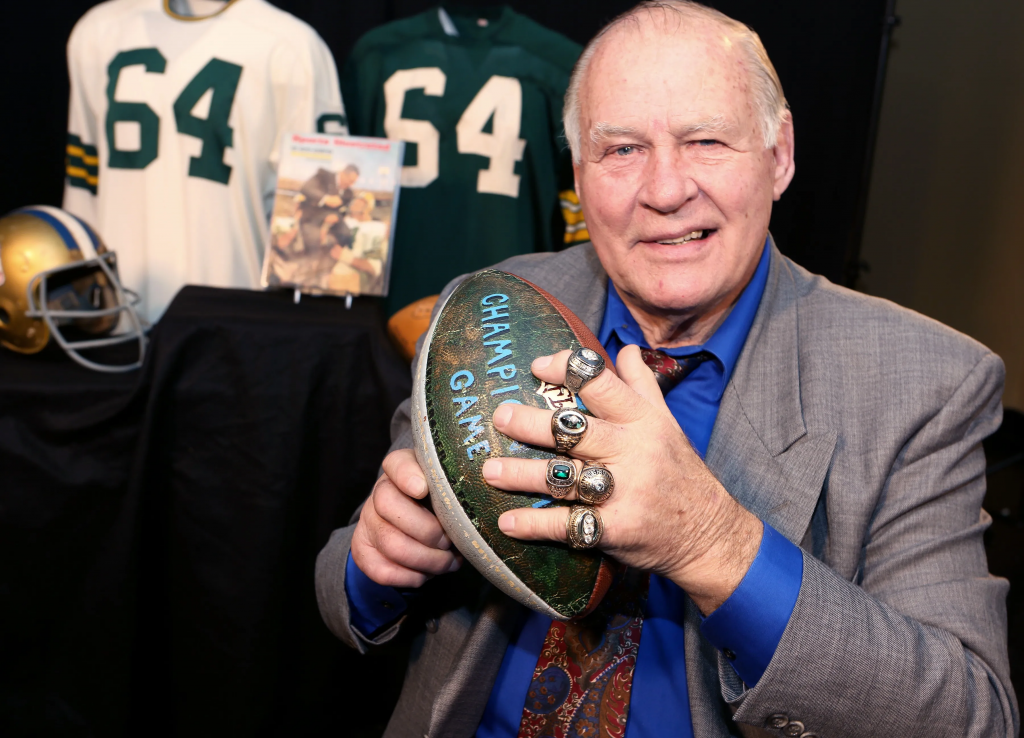CCA 2.2 Lesson 2: Behavior change through attitude
A great illustration that points out the tremendous affect attitude has on behavior is found in the following story: A man lived by the side of the road and sold hot dogs. He was hard of hearing, so he had no radio. He had trouble with his eyes, so he read no newspapers. But he sold good hot dogs! Boy, did he sell good hot dogs. He put up a sign on the highway, telling people how good they were. He stood by the side of the road and cried, “Buy a hot dog, Mister.” And people bought. He increased his meat and roll orders. He bought a bigger stove to take care of his trade. He got his son home from college to help him. But then something happened. His son said, “Father, haven’t you been listening to the radio? If money stays tight, we are bound to have bad business. There may be a big depression coming on. You had better prepare for poor trade.” Whereupon the father thought, “Well my son has gone to college. He reads the newspapers, and he listens to the radio, and he ought to know.”
So, the father cut down his meat and roll orders. Took down his advertising signs. And no longer bothered to stand on the highway to sell hot dogs. And his hot dog sales fell almost overnight. “You’re so right, my son,” the father said to the boy. “We are certainly headed for a depression–business is so bad lately.” 5 Minutes Developing a winning attitude. Hopefully, you are now convinced of the importance of the development of the proper attitude. As pointed out, attitude determines a person’s behavior. Another crucial point is that a person’s attitude can also influence another person’s behavior. It should be the goal of every person to encourage positive and healthy behavior in other people. The starting place for this is in your own mind, through the development of a proper winning attitude. One of the people admired throughout my life is the late Vince Lombardi, coach of the Green Bay Packers of the National Football League. During a practice session for the Green Bay Packers in the early 1960s, things were not going well for Vince Lombardi’s team. Lombardi singled out one big guard for his failure to “put out.” It was a hot, muggy day when the coach called his guard aside and leveled his awesome guns on him as only Lombardi could. “Son, you are a lousy football player. You’re not blocking; you’re not tackling; you’re not putting out. As a matter of fact, it’s all over for you today; go take a shower.” The big guard dropped his head and walked into the dressing room. Forty-five minutes later, when Lombardi walked in, he saw the big guard sitting in front of his locker still wearing his uniform. His head was bowed, and he was sobbing quietly 10 minutes. Vince Lombardi, ever the changeable but always the compassionate leader, did something of an about-face that was also typical of him. He walked over to his football player and put his arms around his shoulder, “Son,” he said, “I told you the truth. You are a lousy football player. You’re not blocking, tackling, and just not putting out. However, in all fairness to you, I should have finished the story. Inside of you, son, there is a great football player, and I’m going to stick by your side until the great football player inside of you has a chance to come out and assert himself.” With these words,

Jerry Kramer straightened up and felt a great deal better. As a matter of fact, his attitude did a complete turnaround and his behavior out on the playing field changed completely. Jerry Kramer’s proper attitude and changed behavior aided him in becoming one of the all-time greats in professional football. He was voted the all-time guard of the all-time greats in the first fifty years of professional football. That was Lombardi. He saw things in people that they seldom saw in themselves. He realized that the most important value an individual has is the value of self-worth. He had the ability to inspire his people to use the talent they had and improve their personal worth. As a result, the players of Lombardi gave him three consecutive world championships at Green Bay. Lombardi developed the win/win attitude and was willing to sacrifice for his players. Every player who had the privilege to play under Lombardi indicated the strong love and care they felt from the man. Later, when Lombardi moved from Green Bay to Washington, many people wondered how he would handle Sonny Jurgensen, the talented but undisciplined quarterback. They didn’t wonder very long. On the first day of practice, one of the reporters baited him with a question about Jurgensen. Lombardi called Sonny to his side, put his arm around him and said, “Gentlemen, this is the greatest quarterback ever to step on a football field.” That year Jurgensen had his best year ever. Lombardi`s win/win attitude always looked for and found good in others.